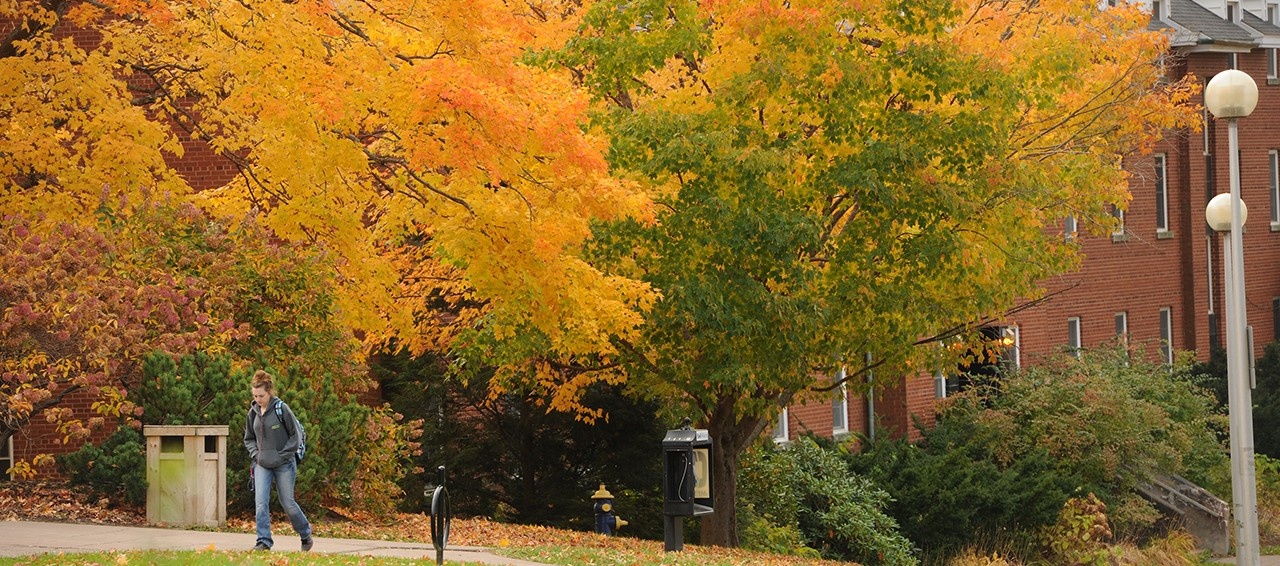Wildlife Ecology in South Africa
Course Description
Wildlife Ecology in South Africa (ANSC 3007) is eligible to count toward a general or ANSC elective for any B.Sc. (Agr) program. Run collaboratively by Rhodes University’s Wildlife and Reserve Management Research Group, South Africa, a group of 13-15 students will visit Rhodes and the Eastern Cape for an intensive 3-week course studying Wildlife Ecology in South Africa, based at the Amakhala Game Reserve. The students will be given lectures on topics such as anthropology, ecology, animal behaviour, palaeontology, and the climate and history of the region. They will also conduct short individual research projects and will be taken on fieldtrips to surrounding areas to experience various ecosystems.
Pre-Requisites
BIOA 1002.03 and BIOA 1003.03 or equivalent.
Activities Can Include:
- Field trip to Tsitsikamma coastal control zone.
- Game drive in Amakhala Game Reserve.
- Camera trapping and small animal trapping skills labs.
- Vegetation sampling skills labs.
- Rhino procedure led by expert veterinarians (tagging and sampling).
- Lectures on topics such as life as a wildlife veterinarian, management of elephants and lions on small reserves, rhino poaching, vegetation biomes, and more.
Next Offering
May 2026-June 2026
Application Deadline
November 2nd, 2025, at 11:59pm
Location(s)
-
-
-
Instructor
Miriam Gordon: Animal Science and Aquaculture, Faculty of Agriculture – Miriam.gordon@dal.ca
Estimated Cost
$7500 - $8000
Included: airfare, accommodations, meals, local transportation, travel and health insurance, lectures and activities, park entrance fees.
Excluded: course & tuition fees, required vaccinations and physician consults, personal purchases such as souvenirs.
Funding Assistance
Study/Work International Fund (SWIF)
Students are invited to submit an application to the Study/Work International Fund (SWIF). SWIF was established by Â鶹Éç as part of the Student Assistance Program, SWIF provides financial assistance to Â鶹Éç and King's students who want to take part in an international field course or study abroad. There is a maximum award of $2,000 CAD per applicant. SWIF supports study, work, or practicum placements for which Â鶹Éç will give a degree credit.
Deadlines for submitting your funding application vary depending on the term of your international experience. Deadlines are as follows:
Fall: September 30
Winter: January 31
Summer: May 31
For more information on SWIF funding and to apply you may visit the Halifax campus International Learning Experience Page.
For assistance or further inquiry regarding SWIF funding, please contact intdalac@dal.ca.
